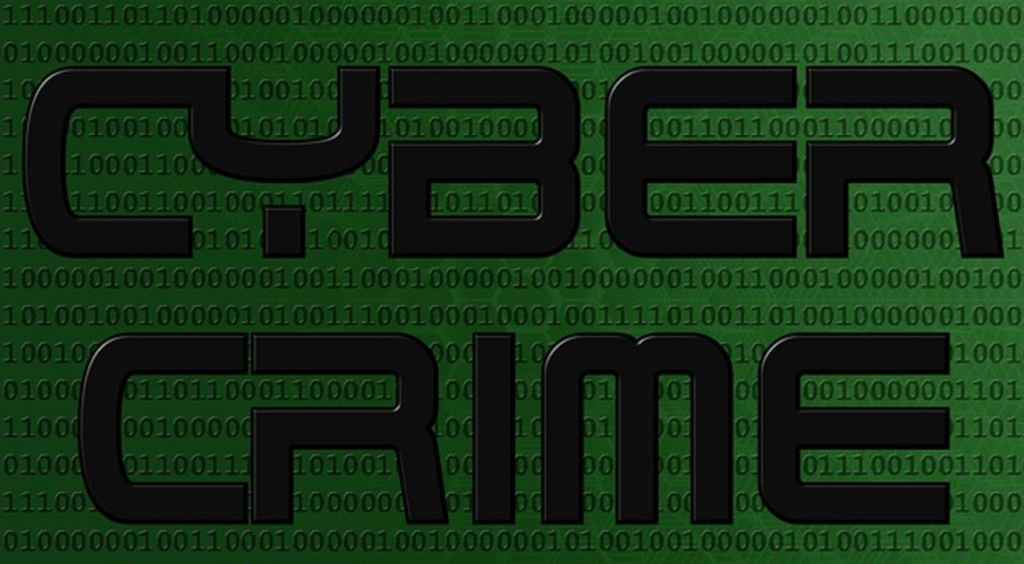In the world of identity theft (specifically information critical to one’s business), cyber-criminals oftentimes do not care whether your company is large and well-known or just a small business with a handful or workers.
As too many business owners have discovered (especially in recent years), cyber-criminals oftentimes don’t discriminate when it comes to trying to wreck a company. They will strike wherever security seems weakest, hoping to cash-in on a large amount of data.
With that the case, what exactly is your small business doing to thwart the attempts of identity theft thieves from striking your brand?
Know the Signs of a Weak Business
One of the first things that cyber-criminals look for when trying to steal identities (consumer and company data) is a weak security system.
It is imperative that you test your security system and firewall, making sure it is as close to 100 percent foolproof as possible.
Keep in mind that many cyber-criminals will “test” a company’s system regularly, looking to see where it is most penetrable. If your system is far from perfect, your business stands a good chance of being that company that is hit.
Among the practices you should have in place:
- Security – Number one on your list should be a secure system that discourages cyber-criminals from hitting your company in the first place. Test and re-test your security software, seeing where your online activities may be the most vulnerable. If you’re stuck on a security software company, look to reviews of providers to see which one gets the highest ratings from industry experts. Also make sure that your server provider has a sound system on their side of things. One way to test your system is by having employees (see more below on their role in your company’s defenses) pose as cyber-criminals, trying to penetrate your security network. If one or more of your workers can get through, just stop and think about what a professional criminal can do;
- Employees – Along with your security system, your employee are in essence your first line of defense. Their practices alone can oftentimes dictate whether or not someone with evil intentions can crash your system. Just as employees should be your biggest defense backers, some companies have come to discover that inside jobs were what ultimately led to being hacked. Make sure during the hiring process that you only bring in the brightest and most honest workers available to you. Yes, it can be challenging at times finding those individuals (see more below), but taking a little extra time in doing so can save you money and headaches down the road;
- Outsourcing – More businesses find outsourcing their needs to be the way to go, especially since they don’t have to pay benefits to someone (typically works as an independent contractor) who is not on the company payroll 40 hours a week. Due to this, sometimes company and consumer data can be compromised. It is important that you vet each and every individual you consider outsourcing work to. Even more critical, only share important company and/or consumer data with those you fully trust, not to mention have secure servers at home or in their offices;
- Travel – It isn’t uncommon for big and small business to ask some employees to travel for work from time to time. As a result, employees will oftentimes take company laptops with them in order to work out on the road. While the accessibility is great, one of the dangers in doing such is the vulnerability to being hacked. If an employee is working from a hotel room or even a café, can they say with 100 percent certainty that the server they are working off of is totally protected? In most cases, the answer to that question is no. If you’re not 100 percent sure the server is safe, don’t work from it and expose sensitive company and customer data. Save such efforts for when you get back to the office, working off of a server you know is fully protected.
At the end of the day, your business communications are at the forefront of lessening the chances of being attacked by cyber-criminals.
Making sure employees, management, and the security system software provider/s you work with are all on the same page makes a difference, especially if you plan on taking identity theft seriously.



